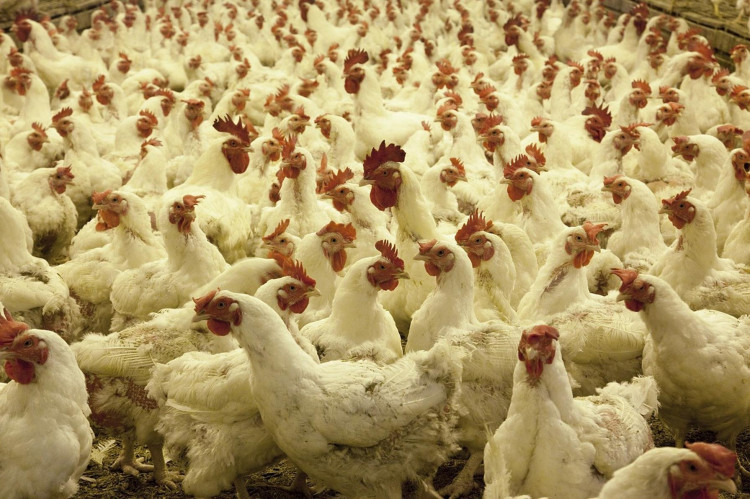As a result of Malaysia's recent ban on chicken exports, many Singaporeans rushed to acquire their portion of the chicken.
Even though the restriction on kampong and black chicken has been lifted, commercial broiler chicken - which accounts for the vast bulk of chickens that Singapore regularly purchases from Malaysia - cannot be exported.
A team from the Singapore Food Agency is now evaluating farms, slaughterhouses, and processing facilities in the archipelago.
As the export restriction reaches its third week, the authorities declared last week that they are assessing Indonesia's appropriateness as a source of chicken imports with their Indonesian counterparts.
According to The Straits Times, the Singapore Food Authority would investigate Indonesia's viability as a prospective supply of chicken for Singapore by working closely with Indonesian officials.
As part of the certification process, SFA performs document reviews and on-site inspections to guarantee that foreign companies and farms can meet Singapore's import criteria and food safety standards prior to exporting to Singapore.
Dr. Nasrullah, Director-General for Animal Husbandry and Health at the Indonesian Ministry of Agriculture, told ST that SFA officials have been evaluating Indonesian farms.
He stated that supplies would be accepted if their pricing and quality met Singapore's requirements. Other variables, such as the quantity delivered and whether the chicken supplied will be frozen or alive, will rely on the results of the survey.
However, the expensive logistics expenses make live chicken exports to Singapore difficult. Additionally, the chicken may perish or lose weight during transportation.
If the idea is implemented, this will be the first time that Indonesia sells chicken to Singapore. Prior to this, they have only shipped approximately 50,000 salted eggs every month, as reported by the news outlet.
Before the outbreak, the Ministry of Trade of Indonesia claimed an overstock of chicken in the country. Apparently, chicken production outpaced demand by 48 percent in 2020 and 36 percent in 2021 due to the outbreak.
In the same year, Singapore imported 34% of its chicken supply from Malaysia. In addition to Malaysia, Singapore also imports chicken from Brazil and the United States.
Given the popularity of chicken in Singapore, it is reasonable that residents would be concerned about Malaysia's export prohibition.
With the hysteria caused by the ban, it's reassuring for Singaporeans to know that their government is investigating other sources of chicken to prevent future supply disruptions.
Meanwhile, Singaporeans hope that Malaysia's export prohibition on chicken would be lifted shortly.






